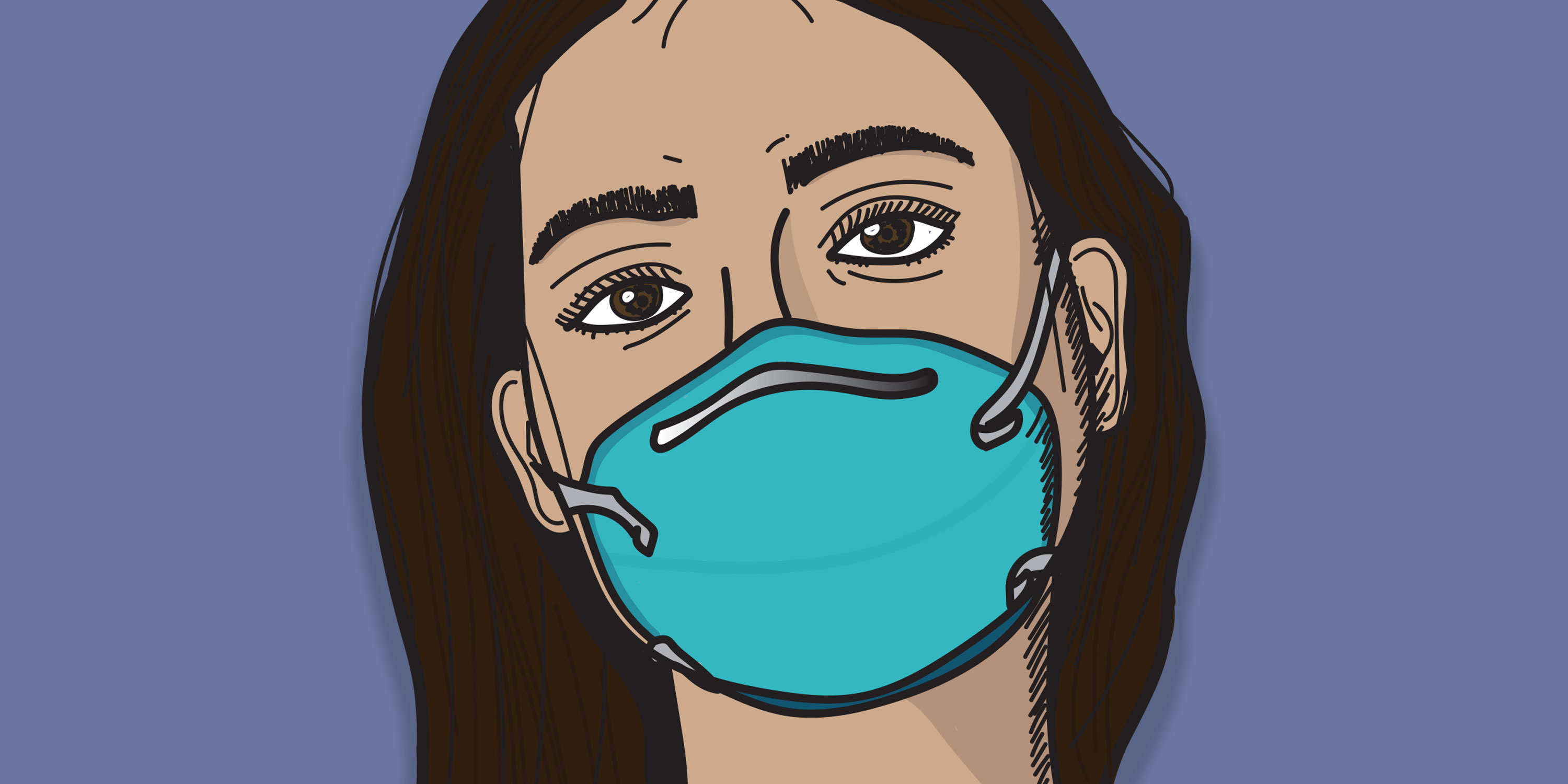In the age of social distancing and COVID-19, Illinois businesses and restaurants have had to either shut down or have seen limited business and limited operations. Because of this, there has been significantly less employment at a statewide level and at a national level. Statewide, Illinois has had over 178,000 unemployment claims filed and 6.6 million applications have been filed across the country.
In Chicago, Mayor Lori Lightfoot signed an executive order that would allow immigrants and refugees, regardless of citizenship status, to receive aid from the city.
But not everyone who is out of work can file for unemployment. Because unemployment insurance is only applicable to those with a Social Security number, it does not count for the millions of people that are green card holders or for undocumented immigrants. This leaves roughly 23 million people in the U.S. with limited options for a source of income or support from the government.
Under new rules set in February, green card holders who have used public benefits, like Medicaid, for more than 12 months in total of a 36-month period could be seen as a Public Charge, which would negatively affect their application for citizenship. Much of the immigrant community was uncertain if they should apply for Medicaid during the beginning of the U.S. COVID-19 outbreak, seeing as it could potentially place their citizenship on the line.
Yet, in more recent developments, the United States Department of Citizenship and Immigration Services (USCIS) announced that anyone who has symptoms of COVID 19 –– which include fever, cough or shortness of breath –– should seek medical treatment and that it would not negatively affect a Public Charge evaluation.
In addition, U.S. Immigration and Customs Enforcement (ICE) will not have enforcement operations in or near health care facilities including hospitals, doctor’s offices, clinics and emergency care facilities.
However, the USCIS says nothing about other forms of aid or treatment, which could include things like food stamps, public housing or section 8 vouchers. And that $2.2 trillion stimulus package meant to assist those in need during this time does not include undocumented workers, as they do not hold Social Security numbers.
Latinx communities are also specifically affected at this time. In a new study by the Pew Research Center, it was reported that 49 percent of Latinx people say they or someone in their household had lost their job or had a pay cut because of the novel coronavirus pandemic. The U.S. average is closer to 33 percent, a disparity of 16 percentage points.
Elena Rios, the president and CEO of the National Hispanic Medical Association, spoke at a panel that was live-streamed by the American Medical Association on equity during COVID-19. She was joined by other heads of ethnic and minority health associations, like the National Council of Asian Pacific Islander Physicians and the National Medical Association.
Dr. Rios stated that viewing this at a holistic level and getting data on who is getting sick by race and gender would better prepare everyone to tackle the inequity among the spread of the disease. “Only five or six percent of all doctors are Latino,” said Dr. Rios. “We really need to have the focus on our communities’ health care workers at all levels.”
“We need to take care of people where they are before they get to the hospitals and emergency rooms,” said Dr. Rios. “I just think that we have a responsibility to make sure we can grow the next generation.”
Rios also said there needs to be real outreach to Latinx communities across the country in not only providing resources for COVID-19 but also resources for mental health. The Centers for Disease Control and Prevention has also made a page on their website for tips on reducing stress. Similarly, Pueblo has linked to several resource guides for Latinx and immigrant communities on filing for unemployment, finding food, medical services and more below.
What resources are available for Latinx immigrant communities in Chicago and Illinois?
DACA recipients are eligible for filing for unemployment insurance. Click here for more information on how to apply. Here’s a map of low cost or free clinics in Illinois.
Healthcare Clinics for Immigrants and Refugees
Here’s a growing lists of resources including food, medical care, mental health help and legal help at a state level and a national level, created by the Illinois Coalition of Immigrant and Refugee Rights.
Resources for immigrants during the COVID- 19 crisis in Illinois
Resources for immigrants during the COVID-19 crisis in the United States
Header illustration by Natalie Wade, 14 East




NO COMMENT